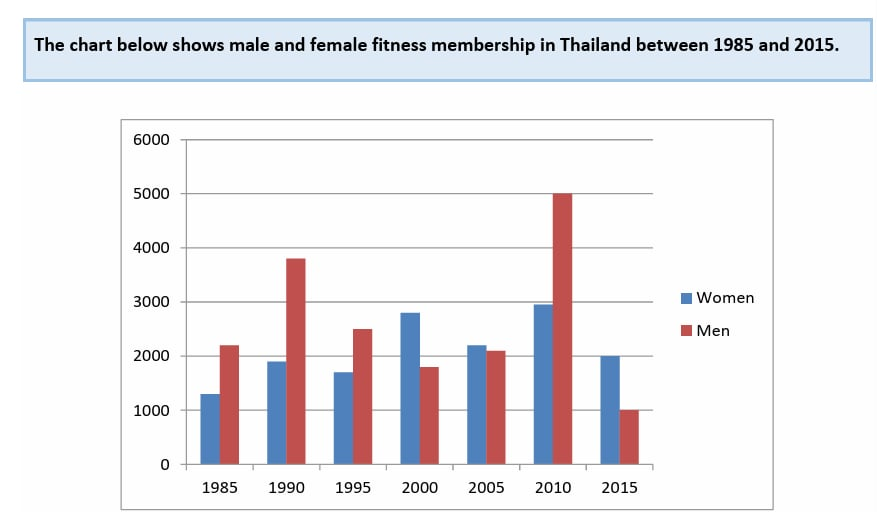Overall, there was an increase in female fitness membership throughout the period examined, while the opposite was true for male counterparts.
Above is a sentence I wrote that is supposed to mean "Over the period of 30 years, the number of women working out at a gym increased despite some fluctuations". In this sentence, I'm trying to ignore the changes in between and focus on the first year and the last year. I mean after everything that happened, the number increased.
My question is: Am I using "throughout the period" correctly here? Can it be used that way or must there be a consistent upward trend from start to finish for me to write it the way I did? If the sentence is currently incorrect, does adding despite some fluctuations make it right?

